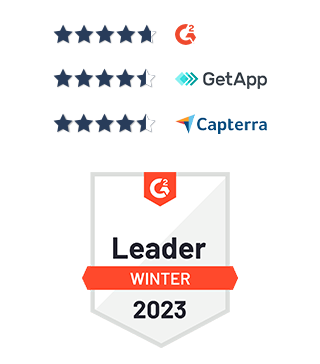Hiring Accuracy
Get your hire right the first time
Build a job profile based on people science and find the person who really is the best fit for the role.

Use Thomas Assess to improve your hiring accuracy. Not just once. Every time.
How can our talent acquisition solutions improve your hiring accuracy?

Attract the right candidates
By using Thomas Assess to build a job profile, you can accurately reflect the needs of your team and organizational goals and find candidates who can jump right into the role with confidence.

Measure the soft skills
The right soft skills are essential for success in a role. A LinkedIn report found that 89% of hiring managers said that if someone doesn’t work out in a role, it’s typically due to a lack of soft skills. Use people science to identify the soft skills needed for the role and the candidates that naturally have them, and hire the right person, the first time.

Compare candidates in our talent acquisition tool
See each candidate side-by-side and easily spot who meets the requirements set out in the job profile, based on their assessment results.

CASE STUDY
Find out how Thomas assessments helped ACG find the best talent and ensure a smooth and succesful recruitment process.
Assessments
Gain accurate insights using our assessments in behaviour, aptitude, personality and emotional intelligence.
Innovation
We're pioneers in the people science space, constantly developing our product using AI and industry experts.
Science
Our industry-leading science is backed by the British Psychological Society (BPS).
Heritage
Our insights have been trusted globally for over 40 years.
Don’t just take our word for it...




